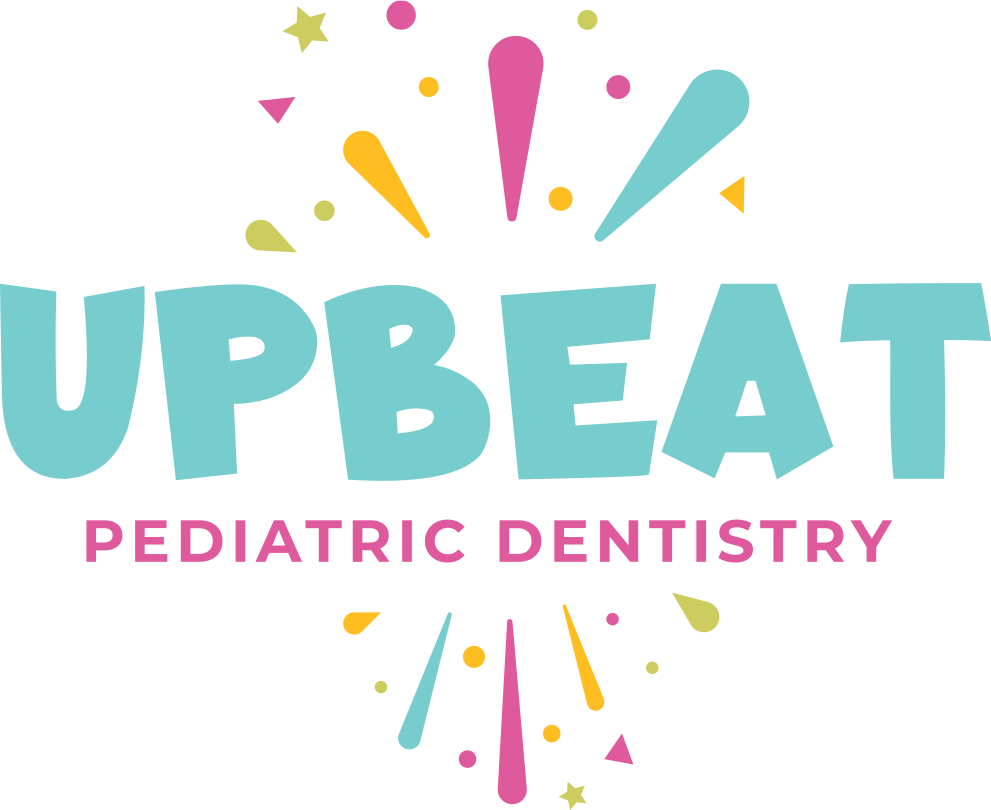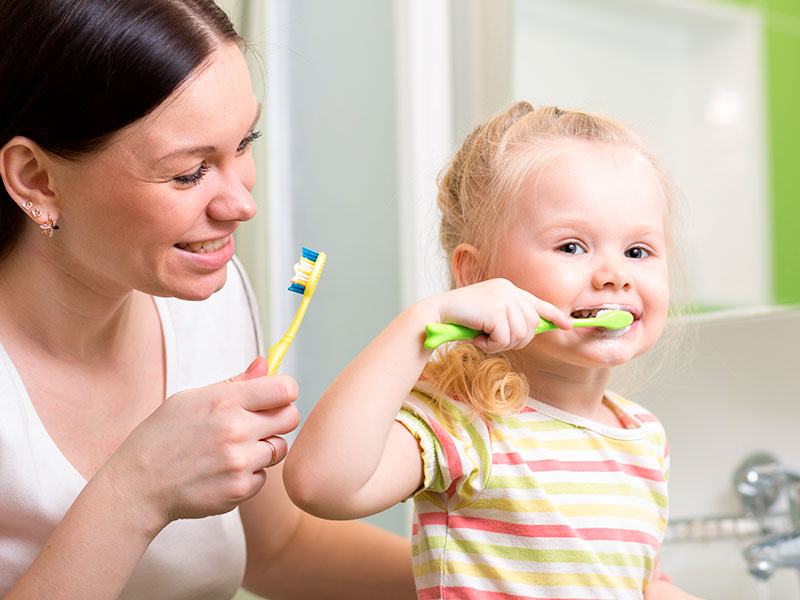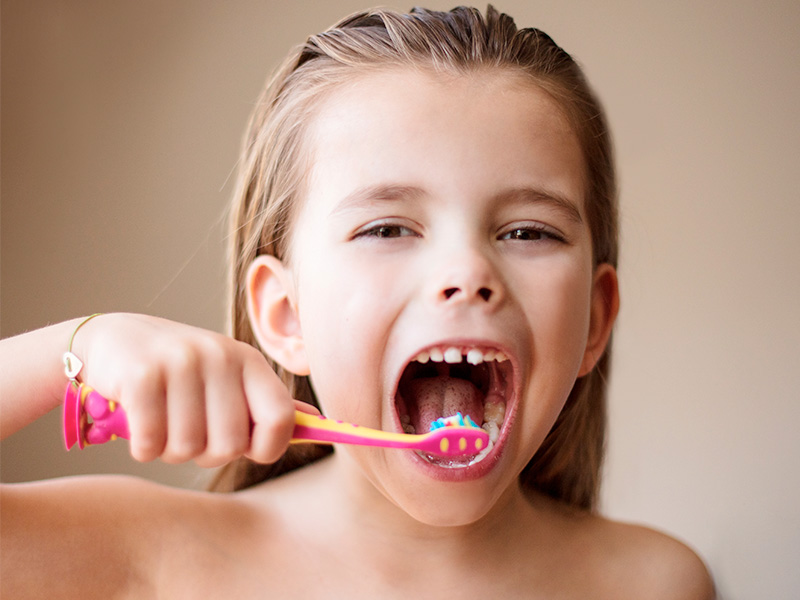Bruxism, or teeth grinding, is a common oral health concern that can affect individuals of all ages, including children. It involves the clenching or grinding of teeth, often unconsciously, which can lead to various dental issues and discomfort.
While bruxism is particularly prevalent in children during certain developmental stages, understanding its causes, identifying symptoms, and seeking appropriate treatment is essential for maintaining optimal oral health.
As parents, it’s essential to be aware of this condition and its impact on your child’s oral health. At Upbeat Pediatric Dentistry, we are dedicated to providing comprehensive dental care that considers the unique needs of each age group.
In this blog post, we will delve into the world of bruxism, exploring its causes, symptoms, and potential consequences. Moreover, we will highlight effective treatments to help your child find relief and protect their precious smiles.
The Development of Bruxism in Infants and Toddlers
While bruxism is more commonly associated with adults, it can also occur in infants and toddlers. In the early stages of dental development, it is not uncommon for babies to grind their gums or newly erupted teeth. Typically, this behavior is temporary and ceases as their oral motor skills mature.
However, if bruxism persists or becomes more pronounced, it may warrant attention from a pediatric dentist. In infants and toddlers, teeth grinding is often linked to teething, jaw misalignment, or mild discomfort due to ear infections.
Bruxism in Young Children: Age-Specific Considerations
As children grow and their permanent teeth come in, bruxism can take on different manifestations. In preschool and early school-age children, teeth grinding might occur as a response to stress, anxiety, or the adjustment to new environments.
It’s crucial for parents to observe their child’s behavior and seek professional advice if bruxism appears to be causing discomfort or affecting their oral health. At this stage, dental check-ups become even more critical to detect any dental wear or structural issues related to bruxism.
The Impact of Bruxism on Teenagers
Teenagers may experience bruxism due to increased stress levels associated with academic pressures, social changes, or other challenges. Additionally, factors like malocclusion (misalignment of teeth) or orthodontic treatments can contribute to teeth grinding habits.
As teenagers are more likely to engage in habits like consuming caffeinated beverages and chewing on pencils or pens, they might be at higher risk of experiencing bruxism-related issues. Regular dental visits can help monitor any adverse effects and guide teenagers towards healthier habits.
Causes and Triggers of Bruxism in Adults
In adults, bruxism is often related to stress, anxiety, or tension, especially during challenging life phases or significant life changes. Additionally, lifestyle factors such as smoking, alcohol consumption, and caffeine intake can exacerbate teeth grinding.
Furthermore, adults might develop bruxism as a result of an untreated bite misalignment or temporomandibular joint (TMJ) disorders. A comprehensive dental evaluation is essential to identify the underlying cause and provide suitable treatment options.
Potential Consequences of Untreated Bruxism
Bruxism can lead to several dental and overall health issues if left untreated. In children, excessive teeth grinding can wear down the enamel, leading to tooth sensitivity, pain, and an increased risk of cavities.
Moreover, persistent bruxism can put undue stress on the jaw muscles and joints, leading to TMJ disorders. In severe cases, untreated bruxism can result in fractured or chipped teeth, chronic headaches, and disrupted sleep patterns.
Effective Treatments for Bruxism
The appropriate treatment for bruxism depends on the individual’s age, severity of the condition, and underlying causes. For infants and toddlers, it’s essential to address any potential discomfort related to teething or ear infections.
In older children, teenagers, and adults, stress management techniques, relaxation exercises, and counseling can help mitigate teeth grinding triggered by anxiety. Dental interventions such as occlusal splints or mouthguards can protect teeth from excessive wear and provide relief for both daytime and nighttime bruxism.
Addressing Bruxism at Upbeat Pediatric Dentistry
At Upbeat Pediatric Dentistry, we understand the complexities of bruxism at each stage of development. From infancy to adulthood, identifying and addressing teeth grinding is crucial to safeguard your child’s oral health and overall well-being.
Our experienced team of dental professionals is dedicated to providing personalized care and effective treatments to address bruxism and its potential consequences. Schedule an appointment with us today to discuss your concerns and explore the best approach to protect your child’s precious smile from the effects of bruxism. Together, we can ensure a lifetime of healthy teeth and confident smiles for your family.




